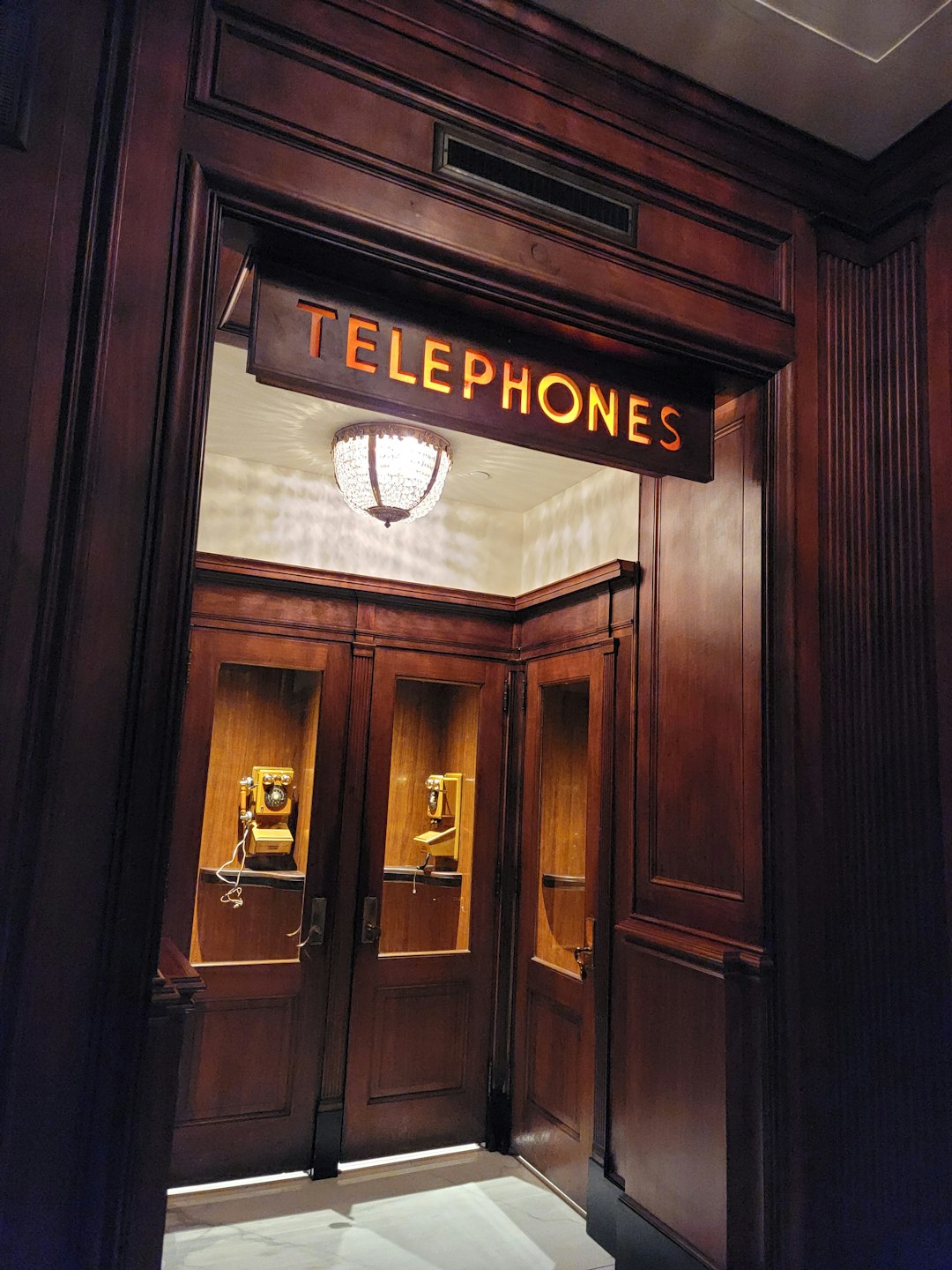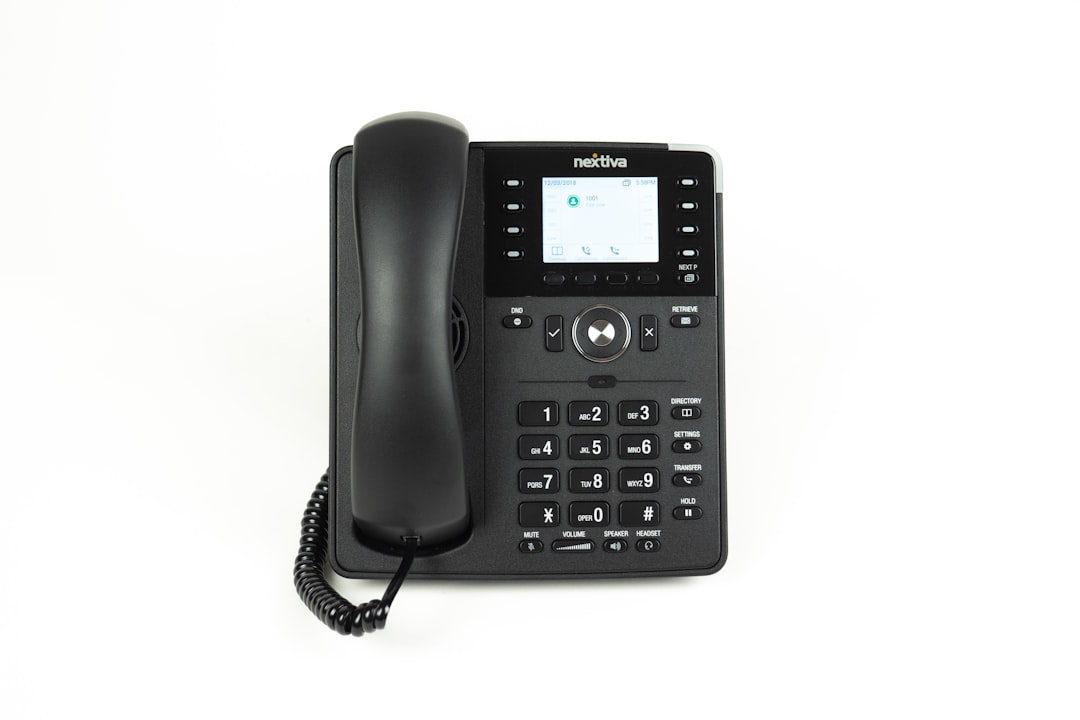Chicago residents have robust protections against robocalls and spam texts thanks to strict consent laws. To enforce these rights, individuals can:
1. Report spam texts or robocalls to the Federal Trade Commission (FTC) and consult with a lawyer for robocall Chicago specializing in this area.
2. Document every incident, save messages, and report them to local consumer protection agencies or the FCC.
3. Engage a robocall law firm Chicago or attorney experienced in navigating federal and state rules like the TCPA.
4. Take immediate action by blocking numbers, informing service providers, and filing reports with authorities.
- Understanding Robocall Consent Laws in Chicago
- Recognizing Violations: Spam Texts and Unwanted Calls
- The Role of the Consumer in Reporting Spam
- How to Report Spam Texts: A Step-by-Step Guide
- Legal Recourse for Victims of Robocall Harassment
- Choosing the Right Lawyer: Expertise in Robocall Law
- Success Stories: Cases Against Robocall Violators
- Preventive Measures: Safeguarding Against Future Spam
Understanding Robocall Consent Laws in Chicago
In Chicago, like many jurisdictions across the US, robocall consent laws are designed to protect residents from unsolicited automated phone calls, or robocalls, that can be intrusive and misleading. These laws outline specific guidelines for businesses and telemarketers on how they can contact consumers. One key aspect is obtaining prior express written consent from the recipient before placing any robocalls. This means individuals have control over whether they want to receive such calls and can prevent unwanted marketing messages.
If you’ve received a spam text or robocall and believe it violates Chicago’s robocall consent laws, there are steps you can take. Individuals can report these incidents to the Federal Trade Commission (FTC) using their online complaint form. Additionally, consulting with a lawyer specializing in robocall law in Chicago can help you understand your rights and options for pursuing legal action if necessary. Contacting a robocall attorney or law firm in Chicago equipped to handle such cases is a practical step to ensure your concerns are addressed effectively.
Recognizing Violations: Spam Texts and Unwanted Calls
Recognizing violations of robocall consent laws is crucial to protecting your rights as a consumer. Spam texts and unwanted calls are common forms of intrusion, often disguised as promotional messages or survey requests. If you receive these messages from unknown sources or despite having opted out, it could indicate a violation of federal or state regulations, such as the Telephone Consumer Protection Act (TCPA).
In Chicago, individuals affected by such intrusions can take action by reporting the incidents to local law enforcement or regulatory bodies and consulting with experienced robocall lawyers or law firms. A lawyer for robocalls in Chicago can guide you on how to report spam texts and help navigate legal options available under the TCPA. They can represent your interests if a settlement or lawsuit becomes necessary, ensuring that you receive compensation or relief for any harm caused by these unwanted communications.
The Role of the Consumer in Reporting Spam
In the battle against unwanted and illegal robocalls, consumers play a crucial role in holding telemarketers accountable. If you’ve received spam texts or robocalls, taking action is not only empowering but also helps protect others from similar harassment. Reporting these violations is a powerful tool to enforce robocall consent laws.
Chicago residents fortunate to have access to reputable legal services can reach out to experienced robocall lawyers and attorneys for guidance. These professionals can assist with the process of filing complaints against offending telemarketers, ensuring that your rights are respected and upheld by relevant robocall law firms in Chicago. By reporting spam texts or calls, you contribute to a collective effort to curb this intrusive practice, potentially saving others from distress and legal complications.
How to Report Spam Texts: A Step-by-Step Guide
How to Report Spam Texts: A Step-by-Step Guide
If you’ve received unwanted spam texts in Chicago, knowing how to report them is crucial under the city’s robocall consent laws. Start by saving the text message as evidence—including any automated responses or links. Next, identify the sender; check for any identifying information within the message itself or your call history. Contacting a robocall law firm Chicago or hiring a robocall lawyer Chicago specializing in these matters can provide guidance and ensure proper documentation.
File your report with relevant authorities—in many cases, this involves reaching out to the Federal Communications Commission (FCC) or similar state agencies responsible for enforcing robocall laws. Provide them with all collected evidence, including screenshots and the sender’s details. Additionally, inform your service provider about the spam texts; they might offer tools or services to help block future unwanted communications. Remember, timely reporting is key to preventing further harassment and holding offenders accountable.
Legal Recourse for Victims of Robocall Harassment
If you’ve been a victim of robocall harassment in Chicago, understanding your legal recourse is crucial. The first step is to document every incident, including the caller’s number and any recorded messages. This evidence can be invaluable when reporting the spam texts to relevant authorities or seeking legal action.
Chicago has strict laws against robocalls, particularly concerning consent. How to report spam texts varies, but you can reach out to your local consumer protection agency or file a complaint with the Federal Communications Commission (FCC). Engaging a lawyer specializing in robocall law firms Chicago is also an option. Robocall lawyers Chicago and attorneys dedicated to these cases can guide you through the legal process, helping you understand your rights and options, whether it’s seeking damages or enjoining further calls. They can assist with filing official complaints, ensuring your voice is heard and that the responsible parties are held accountable.
Choosing the Right Lawyer: Expertise in Robocall Law
Choosing the right lawyer to represent you in a case involving robocall consent laws is crucial. When dealing with issues like spam texts and unwanted telemarketing calls, it’s essential to find an attorney who specialises in this area. Look for a robocall law firm Chicago or robocall lawyers Chicago that has experience navigating the complex legal landscape surrounding these regulations.
Their expertise should extend beyond general consumer protection laws, as robocall cases often require knowledge of specific federal and state rules, such as the Telephone Consumer Protection Act (TCPA). Consider an attorney who actively practices and wins cases based on this law, ensuring they understand how to effectively report spam texts and protect your rights. Engaging a qualified robocall attorney Chicago can significantly impact the outcome of your case and help you recover any damages or penalties incurred due to unlawful robocalls.
Success Stories: Cases Against Robocall Violators
Preventive Measures: Safeguarding Against Future Spam
To prevent future spam and protect yourself from violative robocalls, it’s crucial to know your rights and take proactive measures. If you receive unsolicited telemarketing calls or text messages in Chicago, document the details: date, time, caller ID, message content, and any recorded conversations. This information will be invaluable if you need to report the spam later.
Chicago’s robocall laws offer consumers significant protections. Utilize these resources effectively by reporting spam texts to your service provider and filing complaints with relevant regulatory bodies. Engaging a lawyer specializing in robocall cases, like those at reputable law firms in Chicago, can also help deter future violations. Don’t hesitate to consult with an attorney if you believe your rights have been infringed upon—they can guide you on the best course of action, including potential legal remedies against persistent violators.






